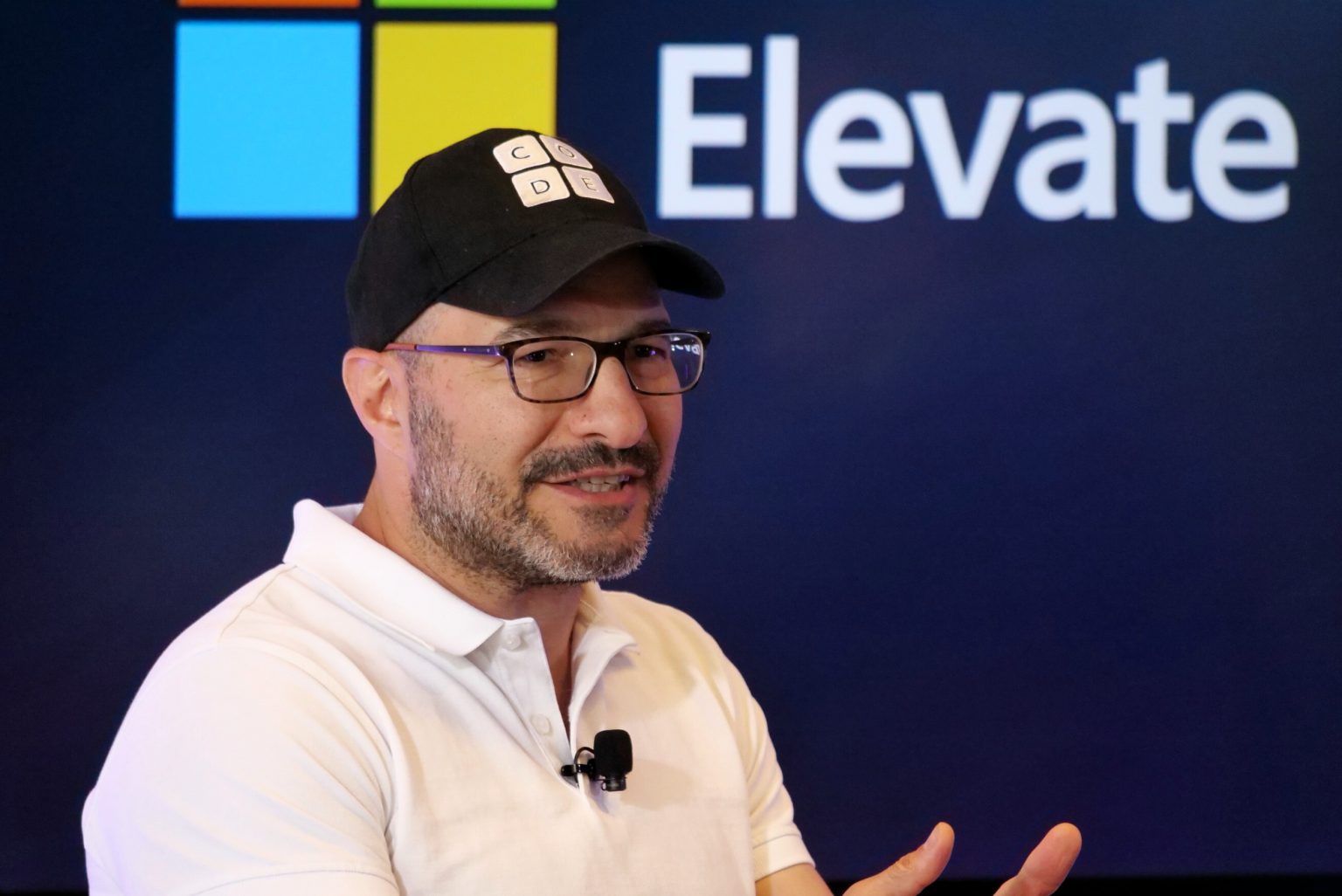Tech Education Champion Defends Computer Science Amid Job Market Concerns
In a passionate rebuttal to recent reporting by The New York Times, Code.org co-founder and CEO Hadi Partovi has strongly defended the value of computer science education in today’s job market. Partovi criticized The Times’ article and accompanying podcast episode titled “Big Tech Told Kids to Code. The Jobs Didn’t Follow,” which suggested recent computer science graduates are struggling to find employment despite promises of lucrative careers. Partovi characterized the reporting as cherrypicking anecdotes “to stoke populist fears about tech corporations and AI,” and firmly maintained that “computer science and AI are still the best paying fields one can study.” His response highlights an important debate about the future of tech education and employment in an era of rapid technological change and economic uncertainty.
The Times’ reporting painted a concerning picture of computer science graduates facing unexpected challenges in the job market. The newspaper described how some graduates found themselves struggling to secure positions in their field, with one graduate reportedly only receiving an interview from fast-food chain Chipotle. The article suggested that recent layoffs at major tech companies like Microsoft and Amazon, combined with the industry’s growing embrace of artificial intelligence tools, were making it increasingly difficult for new graduates to break into the tech sector. This narrative directly challenges the long-standing message from tech leaders, including Partovi and Microsoft President Brad Smith, who have advocated for expanded computer science education as a pathway to secure, high-paying careers.
Far from seeing AI as a threat to computer science careers, Partovi argues that the emergence of AI technologies actually makes computer science education more essential than ever. In an article for The Information earlier this year, he wrote, “We shouldn’t be confused by the short-term shifts of some employers in some industries. Simplified coding hasn’t decreased the value of computer science. Rather, it has increased, and the demand for computer science will grow over time.” Partovi supports his position with data showing that computer science graduates enjoy the highest median wages and fifth-lowest underemployment rates across all majors. His perspective aligns with his organization’s ongoing mission to promote computer science literacy, including recent initiatives like “Hour of AI,” which aims to demystify artificial intelligence for students in the same spirit as Code.org’s widely successful “Hour of Code” campaign.
Partovi’s defense of computer science education has been echoed by academic leaders in the field, including professors from the University of Washington’s Paul G. Allen School of Computer Science & Engineering. Magdalena Balazinska, the school’s director, and Dan Grossman, its vice director, have similarly pushed back against what they view as overly pessimistic media portrayals of the tech job landscape. “While the job market is tighter now than it was a few years ago, the sky is not falling,” Grossman stated. Balazinska added that “the industry will continue to need smart, creative software engineers who understand how to build and harness the latest tools — including AI.” These educators share Partovi’s concern that alarming media narratives could discourage students from pursuing valuable educational pathways in computer science and related fields.
Despite Partovi’s strong defense of computer science education, his LinkedIn post did face some pushback. One high school computer science teacher criticized “tech bros and their investors and their sycophants” while expressing concerns about “the invasion of LLM GenAI in education.” This comment highlights the complex tensions surrounding technology’s role in education and the economy, with some educators and observers remaining skeptical about both the promises made by tech industry leaders and the impact of emerging AI technologies on educational and employment prospects. These divergent perspectives reflect broader societal debates about technology’s impact on work, education, and economic opportunity.
Since launching Seattle-based Code.org as a nonprofit in 2013 alongside his brother Ali, Hadi Partovi has been a prominent advocate for computer science education. The organization has received nearly $60 million in funding from major tech companies including Microsoft, Amazon, and Google, and now reaches 102 million students and 3 million teachers worldwide. As a former Microsoft manager and early investor in companies like Facebook, Dropbox, Airbnb, and Uber, Partovi brings significant industry experience to his educational advocacy. When Code.org celebrated its tenth anniversary in March 2023, Partovi emphasized the organization’s commitment to AI education, outlining three major areas of focus: teaching how AI works, using AI in computer science education, and integrating AI and computer science into other subjects in primary and secondary education. This forward-looking approach reflects Partovi’s conviction that, despite short-term market fluctuations, computer science and AI literacy will remain essential skills for future generations of students and workers.


